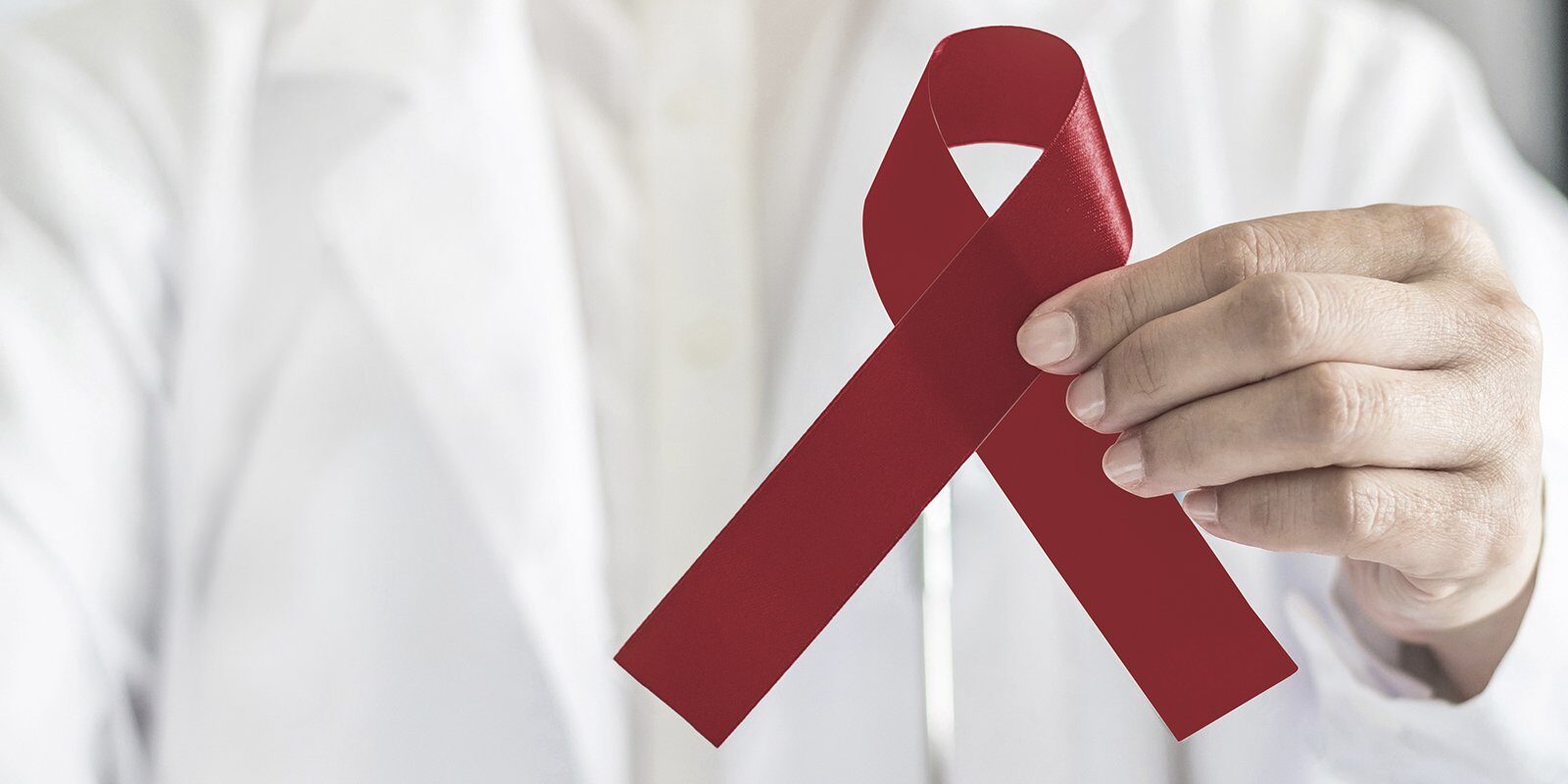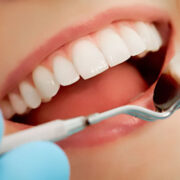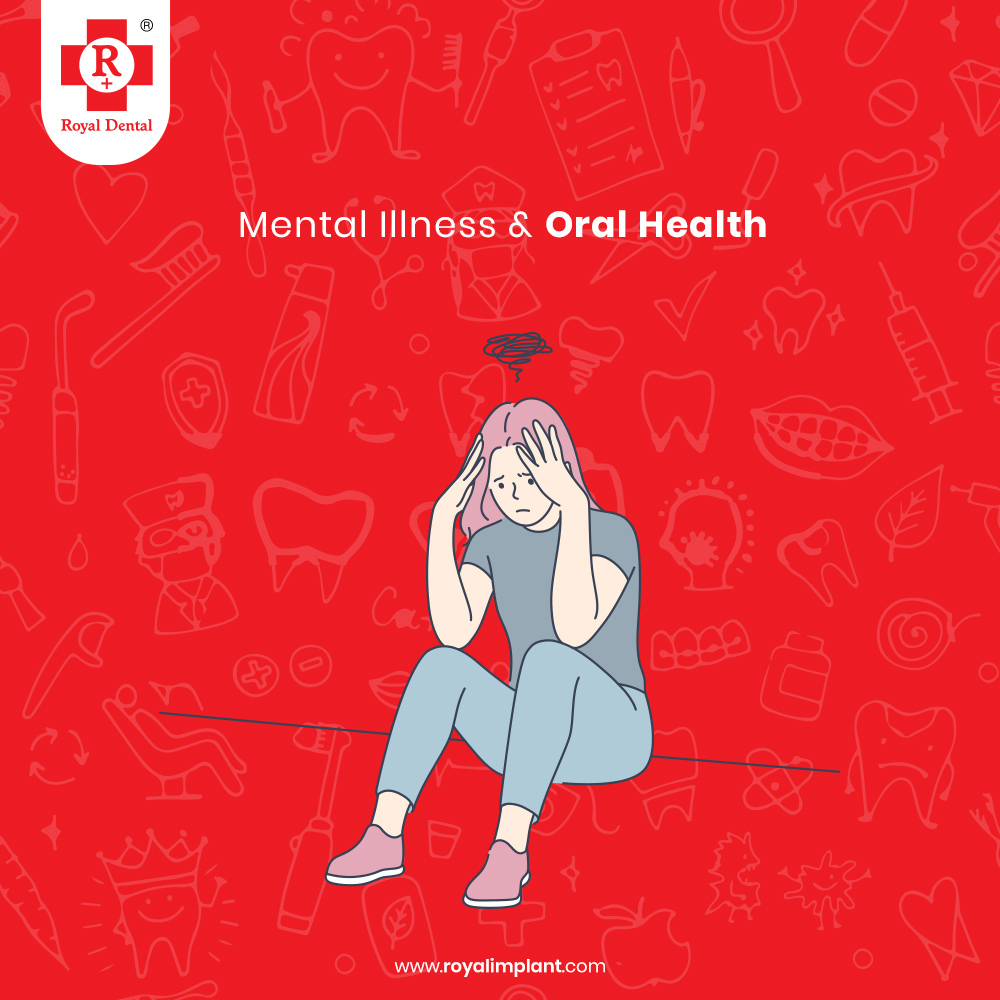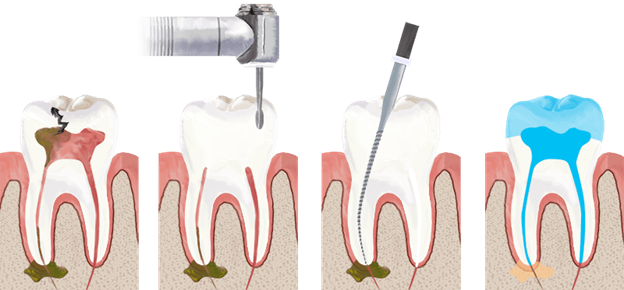Everyone knows about the risks of smoking and drinking when it comes to oral cancer, but many people don’t know how much danger they put themselves in every day. The American Cancer Society estimates that about 50,000 new cases of oral cancer are diagnosed every year. That makes it the sixth most common form of cancer and the fifth highest rate of death from a single type of cancer. Even though many people know about the risk factors, only one in five people actually takes action to protect themselves against this disease. Here is a look at some of the risk factors, symptoms, treatment options you can protect yourself against mouth cancer. Oral surgeon also suggest preventive measures are better than curative.
What are the risks in Oral or Mouth Cancer?
★ The People who smoke and drink put themselves in the greatest danger of contracting mouth cancer.
✱ People who have had certain types of head and neck surgery also put themselves at a higher risk of oral cancer.
★ Those People who use smokeless tobacco products like chewing tobacco or snuff also face an increased risk of developing this disease.
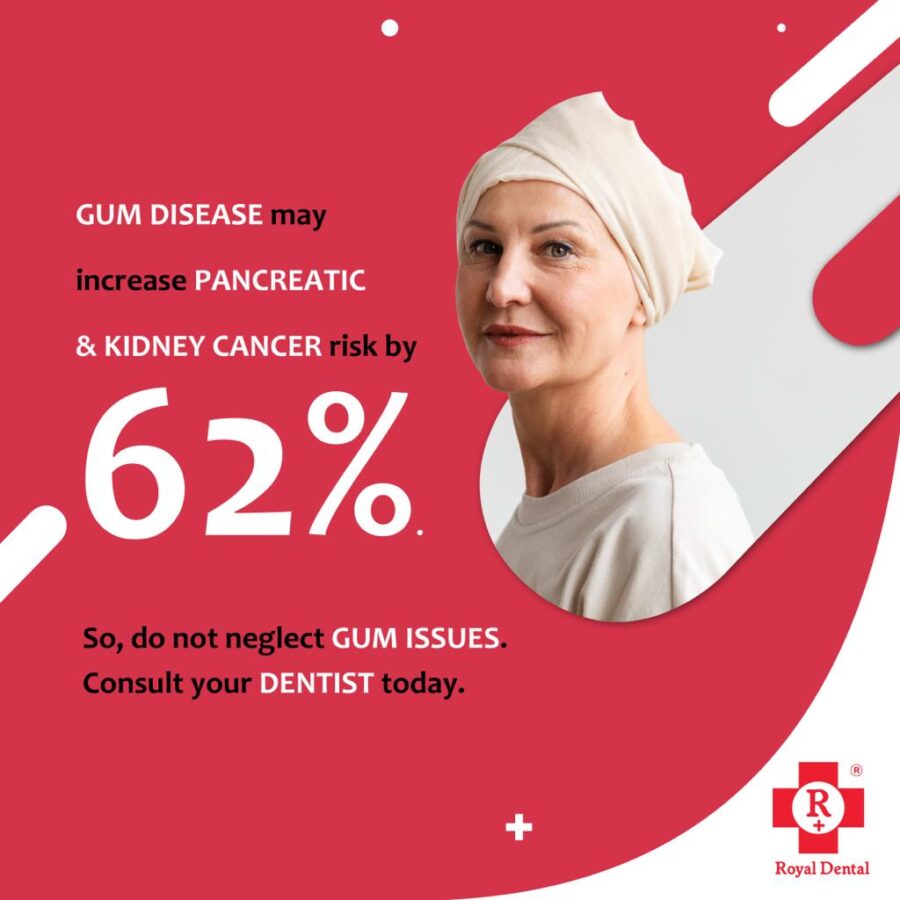
✱ People with certain medical conditions also put themselves at a higher risk for oral cancer. Those conditions include human immunodeficiency virus (HIV), diabetes and lupus.
★ Other factors that increase risk for oral cancer include diet high in sugar, excessive sun exposure and poor oral hygiene.
Mouthwash in Oral Care Patients
The ingredients in mouthwash and oral care products can make all the difference in preventing mouth cancer. While it’s not as easy to see the damage they’re doing as it is with cigarettes, the long-term effects can be even worse. The American Dental Association (ADA) has published a list of recommended ingredients for toothpaste and mouthwash that you should take a look at before you buy.
Although it’s not necessary to use special dental care products for oral cancer prevention, it’s a good idea to switch to a safer brand if you’ve been using something harmful for years. The ADA recommends using a toothpaste with fluoride, which helps prevent tooth decay and cavities. You may also want to use mouthwash that contains fluoride, which is often recommended part of complete oral cancer.
Symptoms of Oral Cancer
As with most diseases, the symptoms of oral cancer don’t show up overnight. They develop slowly, often over a period of years. Because of this long incubation period, many people never receive treatment and the symptoms remain undetected until it’s too late.
✦ Lumps inside your mouth that don’t go away
✤ A sore that doesn’t heal
✦ Changes in the color of your gums
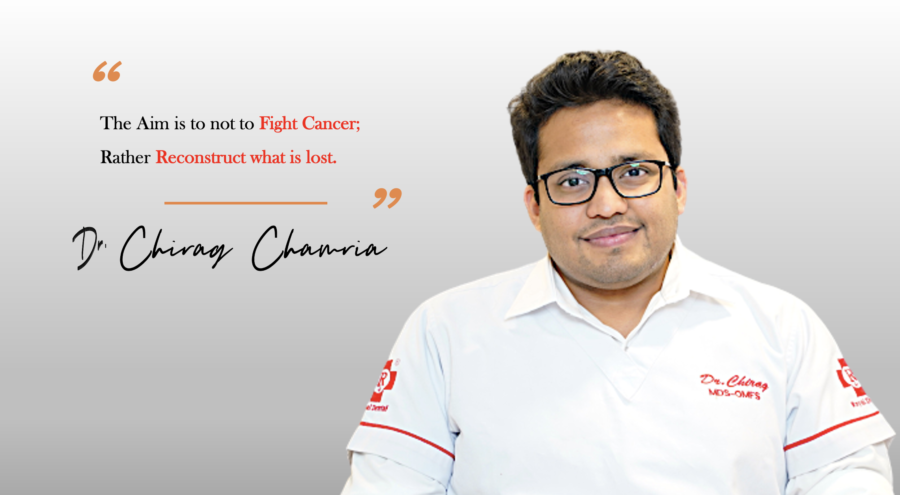
✤ A change in the way your teeth fit together when you bite.
✦ Combination of white and red patches inside your mouth.
✤ Difficulty chewing or feeling a lump in your neck.
The symptoms of mouth cancer can also be mistaken for other diseases and disorders, like an infection, a benign growth or a cyst. That’s why it’s important to get any suspicious symptoms checked by a doctor as soon as possible. Furthermore, if you notice any of the above symptoms, make an appointment with your dentist right away.
Treatment options for Oral Cancer
If your oral cancer is caught early, treatment is likely to involve a combination of surgery, chemotherapy and radiation. More advanced cases are treated with chemotherapy and/or radiation only. Surgery is the main treatment for early-stage oral cancer. It may be possible to surgically remove tumor, but often the cancer has spread too far to be completely removed. In these cases, a partial or full removal of the affected area may be necessary.
“Our aim at Royal Cosmognathic is to not to Fight Cancer. Aim is to Reconstruct what lost.”
Dr. Chirag Chamria
It’s important to note that surgery can’t always be used for treatment. It’s often used for oral cancers that are on the surface of the gums, tongue and palate. However, it’s not effective for cancers that under the tongue or in the tonsils, which are deep inside the mouth.
Ways to protect yourself says oral Surgeon
Firstly, the best way to protect yourself from oral cancer is to avoid the risk factors as much as possible. Secondly, if you smoke, stop. If you drink, limit yourself to two drinks a day. Just as importantly, limit the amount of time you spend in the sun. Eat a balanced diet that’s low in sugar and high in vitamins.
Most importantly, keep up with regular dental visits and professional cleanings. If you’re a tobacco user, try switching to vaping, snuff or chewing gum that’s low in sugar content. Those products are considered safer alternatives to smoking. Another great way to protect yourself from oral cancer is to use an oral cancer prevention kit. Such kits are designed to help you identify warning signs and kick off a regular oral cancer self check.
What does an Oral Surgeon do?
An oral surgeon is a dentist whose main focus is surgery. They treat oral conditions that involve surgery, such as tumors, cysts and infections. They also treat fractures of the jaw and facial bones, and may participate in the diagnosis and treatment of diseases that affect the teeth, gums and jaw. If you choose this career path, you’ll need to know how to do basic dental procedures such as tooth extractions and grafting. You might also be trained in orthognathic surgery, which deals with correcting a malocclusion, or misalignment of teeth and the jaw. You may be called on to use a laser to perform surgery that cuts tissue or bone, or bone grafting procedures.
Follow Us For More Updates
